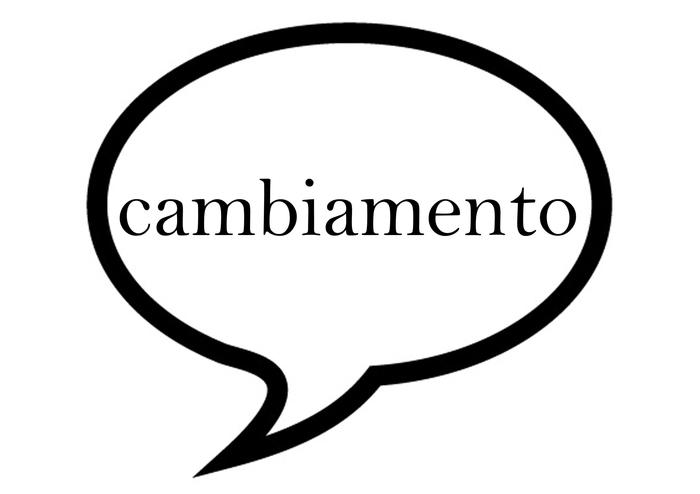Change: Easy to say but, as we all know - from those who tried to quit smoking to those who had to go on a diet - much harder to do.
A song from a few years ago,
'Cambiare'
by the unfortunate
Alex Baroni
, puts on the plate perhaps the most difficult change of all, the most painful, which appears as a real mountain to climb: the one imposed by the end of a relationship and by questions that follow and the decisions and readjustments on which we must focus.
And the change of pace requested and hoped for by
Francesco Paolo Figliuolo
, general and logistic commander of the Italian army appointed extraordinary anti-Covid commissioner?
Apparently it seems simpler because it is a quantitative change, as Aristotle would have said, in which it is a question of increasing something that already exists, in this case the daily number of vaccinations.
And the change that many believe for certain at the end of the pandemic adventure?
Will we really be different?
And if so, how?
[]
Listen to "Word of the week: change (by Massimo Sebastiani)" on Spreaker.
Which then, in fact, when you think about it, change is not easy to say.
Aristotle
, whose reasoning on change is now largely to be thrown away and which is treated in part in the books of Physics and in part in those of Metaphysics - and this, if we think about it, already says a lot -, arrives at the very last ideas concepts after the bloody derby between the Eleatic school, essentially
Parmenides
, and the Heraclitean one: according to a scheme that was successful up to a certain point in the twentieth century, the former argues that the very essence of things is change, which we can see in every moment around us, while the second believes that the change is pure illusion of the senses and that in reality one can and must think only what is not also what is not and therefore change is excluded.
The derby issue then widens, deepens and crosses the centuries, from the atomists to
Hegel
and
Marx
and psychoanalysis and beyond, but it is worth remembering at least, given that we celebrate the 700th anniversary of the death of
Dante
, one of the greatest of all time and of all known cultures, that the Divine Comedy, in its amazing richness, creativity, phantasmagoria of representations but also in the multitude of concrete references to life and history, is nothing more than the gigantic metaphor of a change towards happiness .
It is not the bizarre interpretation of some post-modern critic, Dante himself clearly stated in his letter to Cangrande della Scala: the goal of the Comedy, Dante writes, is to free human beings from a condition of miserable unhappiness and lead them to a condition of happiness.
Vast program, we know, but on the other hand, the commitment can be seen, both from the point of view of quantity, as Aristotle might have noticed, and of quality, whatever this means for each of us.
The change, the transformation, up to the most sensational one, the resurrection, therefore a backward change from death to life, are a fixed point of reflection, creativity and why not anxiety in the history of men.
From
I Ching
, which means Book of changes, in which the famous hexagrams, or graphic signs created with six lines, whole interrupted, arranged one above the other represent the change - and it is no coincidence that the book is consulted precisely to interpret our change and that around us;
up to the various, and there are many, derivations of coaching, from what wants to transform sportsmen into winners to what wants to make us more performing workers or even just more satisfied.
Of course Dante puts it hard but we know that, if it is true that even a long journey begins with a single step, small changes, and coaches of all kinds remind us of this today, are the ones to start with and who will then produce. the most lasting effects.
Before the coaches,
David Bowie
actually thought about it
.

